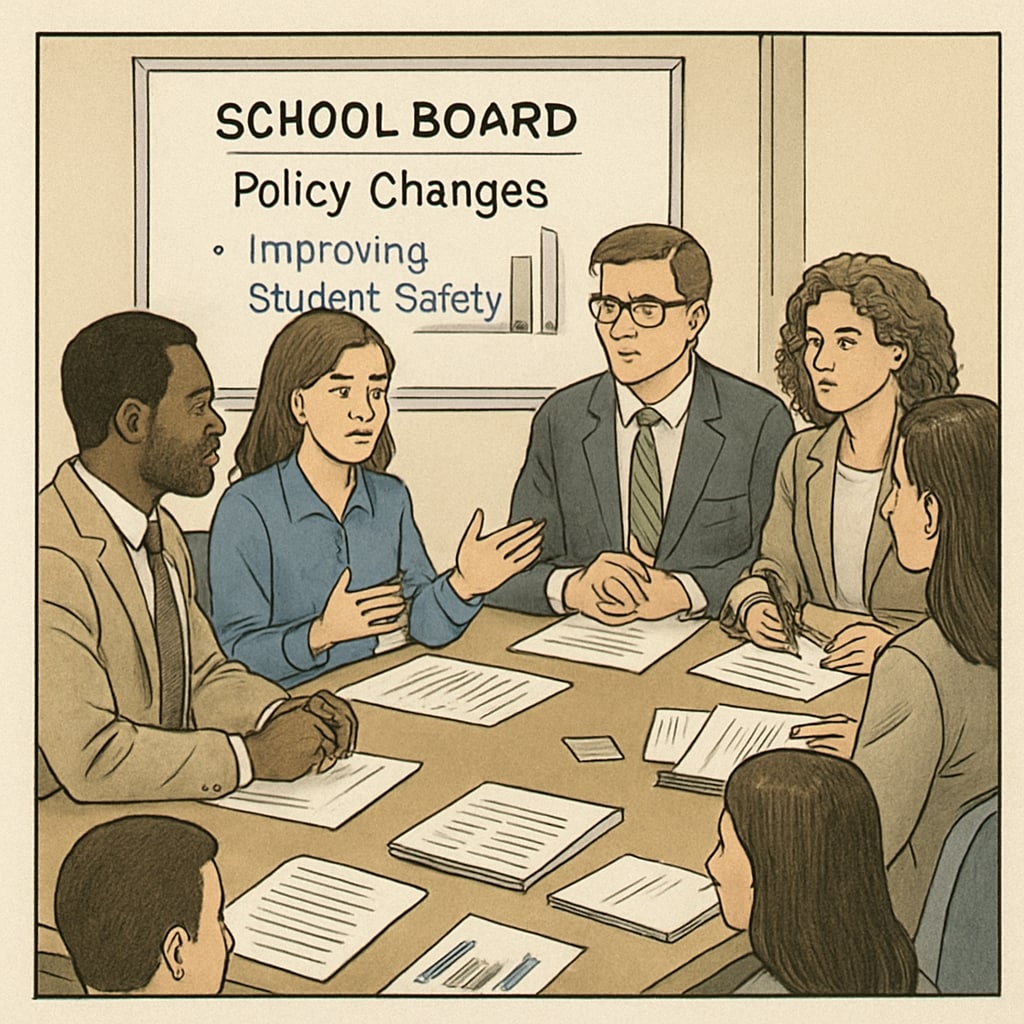When a school board member is found to have a history of child abuse, it raises profound concerns about student safety and ethical leadership. The school board plays a critical role in shaping policies and ensuring a secure learning environment. Therefore, communities must act decisively to address such issues. This article explores practical strategies for parents and community members to ensure accountability and protect students while fostering ethical standards in school governance.
Recognizing the Gravity of the Situation
The presence of a school board member with a history of child abuse compromises the integrity of the institution and poses a potential risk to children. School board members are entrusted with overseeing budgets, hiring decisions, and policies that directly impact students. A person with such a background undermines trust and raises valid concerns about their ability to prioritize the welfare of students.
Communities must first acknowledge the seriousness of the issue and understand its implications. Open dialogue between parents, educators, and community leaders is essential to ensure a collective response.

Steps to Address the Issue
When faced with such a situation, a community can take the following actions:
- Research and Verify Information: Confirm the allegations or history through reliable sources. Transparency is key to building a strong case.
- Engage with School Officials: Schedule meetings with other board members, the school superintendent, and legal advisors to express concerns.
- Organize Community Forums: Gather parents, educators, and local stakeholders to discuss the issue and propose solutions.
- Petition for Removal: If the school board member refuses to step down, initiate a petition or drive for their removal in accordance with local policies.
- Advocate for Policy Reforms: Push for stricter background checks and ethical standards for all school board candidates.
Each of these steps requires collaboration and persistence. Community members must be prepared to navigate legal and bureaucratic hurdles to ensure their concerns are addressed effectively.
Building a Culture of Accountability
Beyond addressing individual cases, communities should work to establish long-term safeguards against similar issues arising in the future. This includes:
- Implementing Thorough Background Checks: Require comprehensive screenings for all school board candidates to uncover any criminal history.
- Promoting Ethical Standards: Develop and enforce a code of ethics for school board members to uphold during their tenure.
- Encouraging Community Oversight: Form parent-teacher committees to monitor board activities and decisions.
- Raising Awareness: Educate the community about the importance of ethical leadership in education through workshops, campaigns, and public forums.
For example, many communities have successfully implemented policies requiring candidates to disclose their criminal records during the nomination process. Such reforms protect students and strengthen trust in school governance.

Conclusion: A Collective Responsibility
Addressing the presence of a school board member with a history of child abuse is no small task, but it is essential for the safety and well-being of students. By organizing community efforts, engaging with officials, and advocating for stricter policies, parents and local stakeholders can protect children and ensure ethical governance in schools. Ultimately, safeguarding the integrity of educational institutions is a collective responsibility that demands vigilance, collaboration, and perseverance.
As communities continue to face challenges in maintaining ethical leadership, it is crucial to remember that every action taken today builds a safer and more trustworthy environment for future generations.
Readability guidance: This article uses concise paragraphs and lists to summarize key points. It balances active and passive voices while incorporating transition words to ensure clarity and flow.


